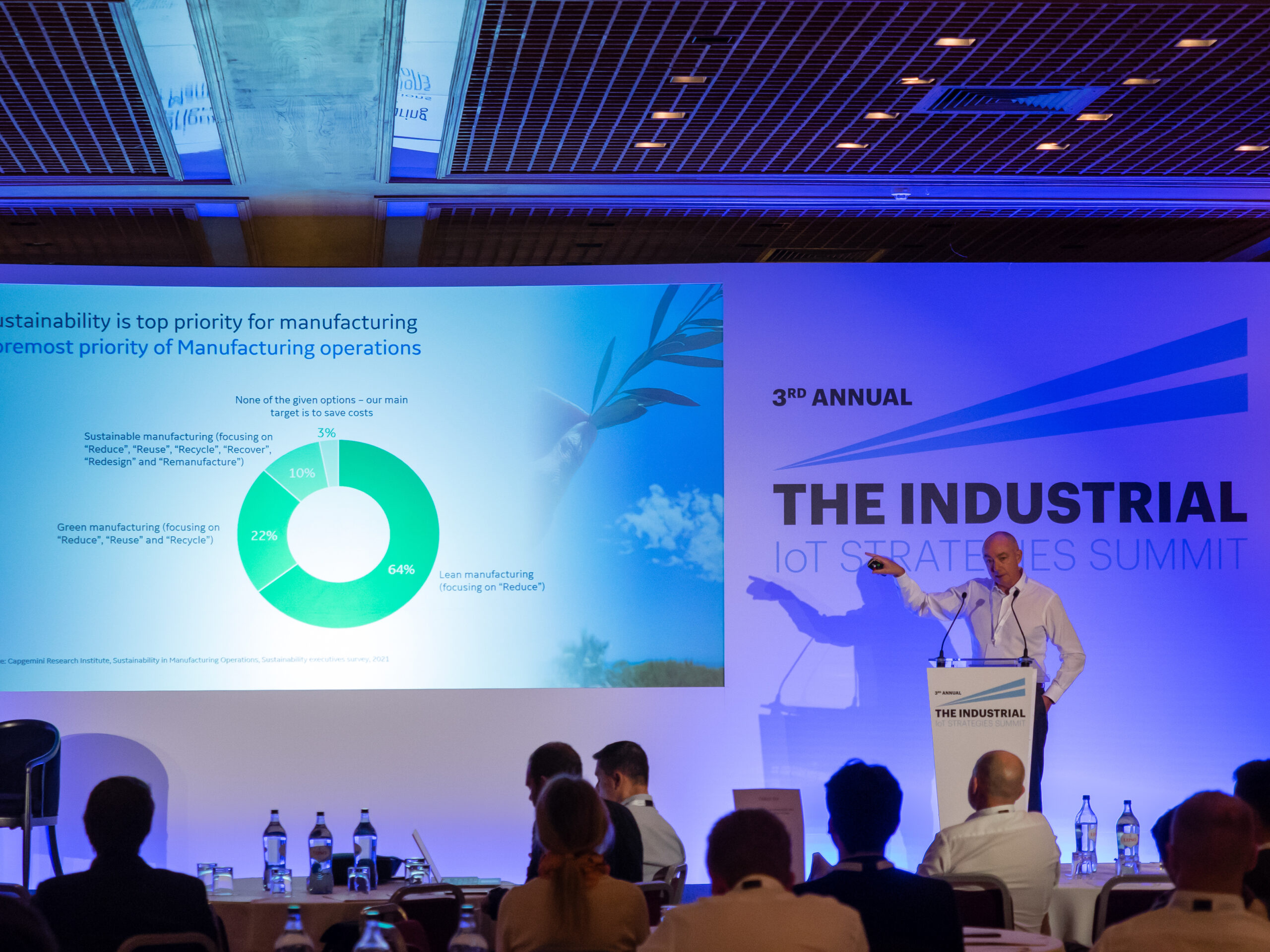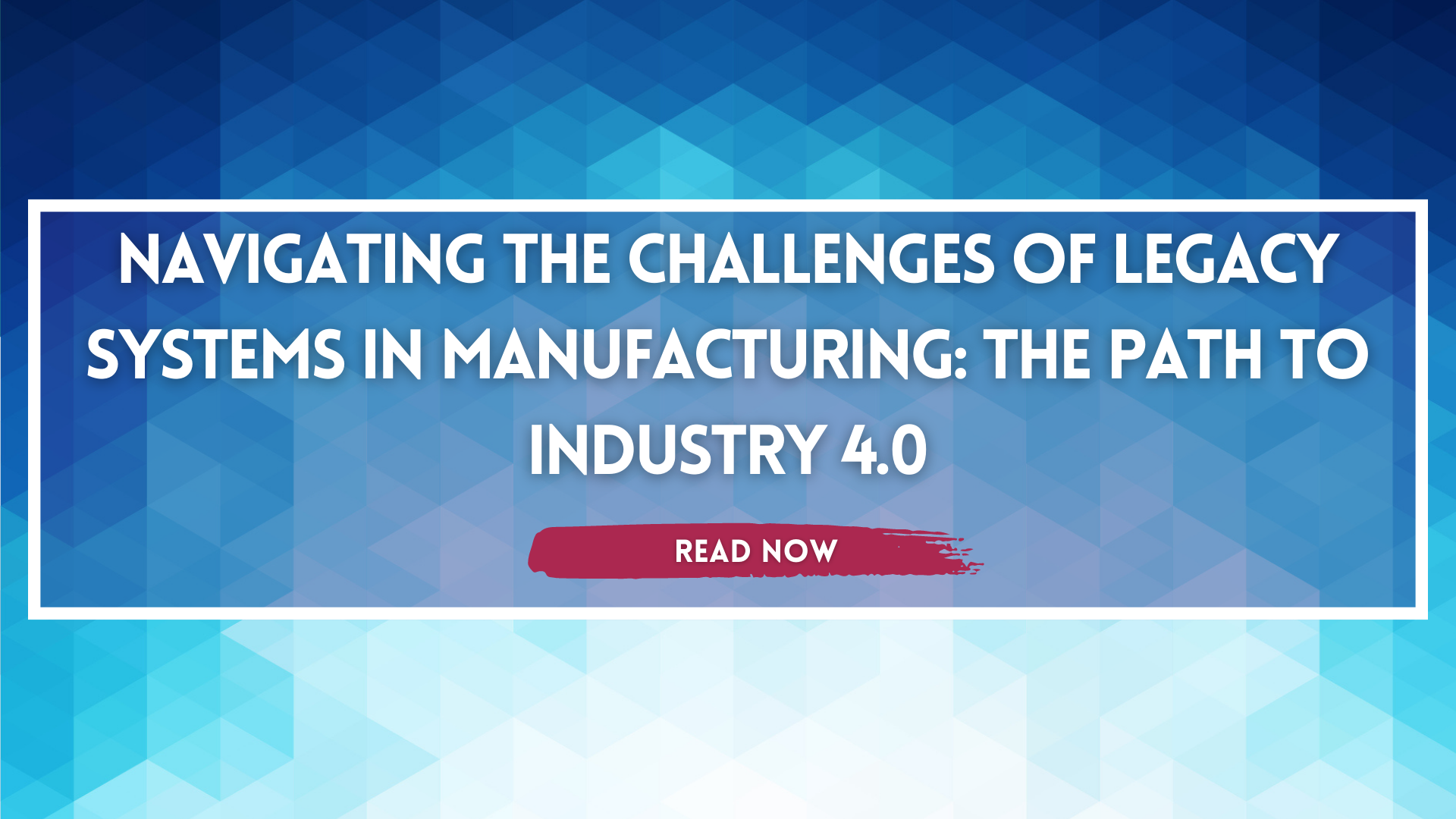In today’s digital age, where technology permeates every aspect of our lives, the manufacturing sector has become an enticing target for cybercriminals. As the fourth most targeted industry for cyberattacks, manufacturers are increasingly finding themselves at the mercy of malicious actors seeking financial gain. Unfortunately, the sector’s historical neglect of cybersecurity has left it vulnerable to a wide range of threats. This blog post explores why the manufacturing sector is a popular target and the crucial need for improved cybersecurity measures.
Financial Motivations: The Driving Force
When it comes to cyberattacks on the manufacturing industry, financial motives reign supreme. According to the Verison Data Breach Investigations Report (DBIR), a staggering 96% of cybercriminals target the sector to obtain monetary gains. Cybercriminals view manufacturing as a lucrative opportunity to exploit vulnerabilities for financial rewards. Manufacturers, by nature, possess valuable intellectual property, trade secrets, and sensitive customer data, making them attractive targets for those seeking to profit from their illicit activities.
The Attack Surface: A Vulnerable Landscape
A key reason for the manufacturing sector’s susceptibility to cyberattacks is the failure to acknowledge the magnitude of its attack surface. The attack surface refers to the total potential entry points into a network that could be exploited by cybercriminals. In manufacturing, this encompasses traditional IT systems and the vast array of interconnected devices, machinery, and sensors that make up the modern production environment. With the proliferation of the Internet of Things (IoT) and Industry 4.0 technologies, the attack surface has expanded significantly, exposing manufacturers to heightened risks.
Historical Neglect: A Breeding Ground for Cyber Threats
Manufacturers have traditionally lagged behind other sectors in prioritising cybersecurity. This lack of emphasis can be attributed to various factors, including a perception that their operational technology (OT) environments are isolated from the Internet. A focus on productivity over security, and a historical reliance on proprietary systems that were less susceptible to cyber threats. However, the digital transformation of the industry has shattered these misconceptions. The convergence of IT and OT systems has exposed manufacturing networks to the same vulnerabilities as traditional IT networks. Leaving them vulnerable to attacks that can disrupt operations, compromise intellectual property, and lead to significant financial losses.
The Need for Improved Cybersecurity Measures
Given the growing threats faced by the manufacturing sector, it is imperative that organisations take cybersecurity seriously. Here are some key steps manufacturers should consider:
Risk Assessment
Conduct a comprehensive assessment of vulnerabilities and threats within the manufacturing environment, including both IT and OT systems. Identify critical assets potential attack vectors and evaluate the potential impact of a breach.
Security by Design
Incorporate security measures into the design and implementation of new technologies and processes. Implement secure coding practices, network segmentation, access controls, and regular patch management to mitigate vulnerabilities.
Employee Training
Educate employees about cybersecurity best practices, including the importance of strong passwords, phishing awareness, and social engineering prevention. Regular training and awareness programs can help establish a security-conscious culture within the organisation.
Incident Response Plan: Develop a robust incident response plan that outlines clear procedures for detecting, containing, and recovering from cyber incidents. Regularly test and update the plan to ensure its effectiveness.
Partnerships and Collaboration
Engage with cybersecurity experts, industry associations, and government agencies to stay updated on emerging threats, share best practices, and collaborate on threat intelligence-sharing initiatives.
Continuous Monitoring and Testing
Implement a proactive approach to cybersecurity by continuously monitoring network activity. Conducting regular vulnerability assessments, and penetration testing to identify and address potential weaknesses.
As the manufacturing industry embraces digital transformation, it must also recognise the critical importance of cybersecurity. Cybercriminals view manufacturers as attractive targets due to the potential financial gains associated with breaching their networks. By understanding the magnitude of the attack’s surface, addressing historical neglect, and implementing robust cybersecurity measures, manufacturers can safeguard their operations, protect valuable assets, and maintain customer trust. A proactive and comprehensive approach to cybersecurity is necessary to ensure the longevity and resilience of the manufacturing sector in today’s interconnected world.
Get the latest security strategies at the Digital Manufacturing Strategies Summit.
If you’re a manufacturer concerned about cybersecurity and looking to enhance your knowledge and skills in this area, I have some exciting news for you. The upcoming Digital Manufacturing Strategies Summit is a must-attend event offering valuable learning opportunities tailored to the manufacturing industry. Take a look at our agenda here.
Attend the Summit for FREE!
This summit brings together industry experts, thought leaders, and cybersecurity professionals who will share their insights and strategies for safeguarding manufacturing operations. Even better, the summit offers free passes exclusively for manufacturers, providing you with access to a wealth of knowledge and networking opportunities. Don’t miss this chance to stay ahead of the curve and strengthen your cybersecurity defences. Take a look at who will be attending here.
Register now and use booking code COMP to secure your free pass at the Industrial IoT Summit to take your cybersecurity knowledge to the next level.
If you’re a cybersecurity provider, we’d love to have you join us as a sponsor – get in touch with us today to learn more about current opportunities: kate@intrinsic-communications.com










